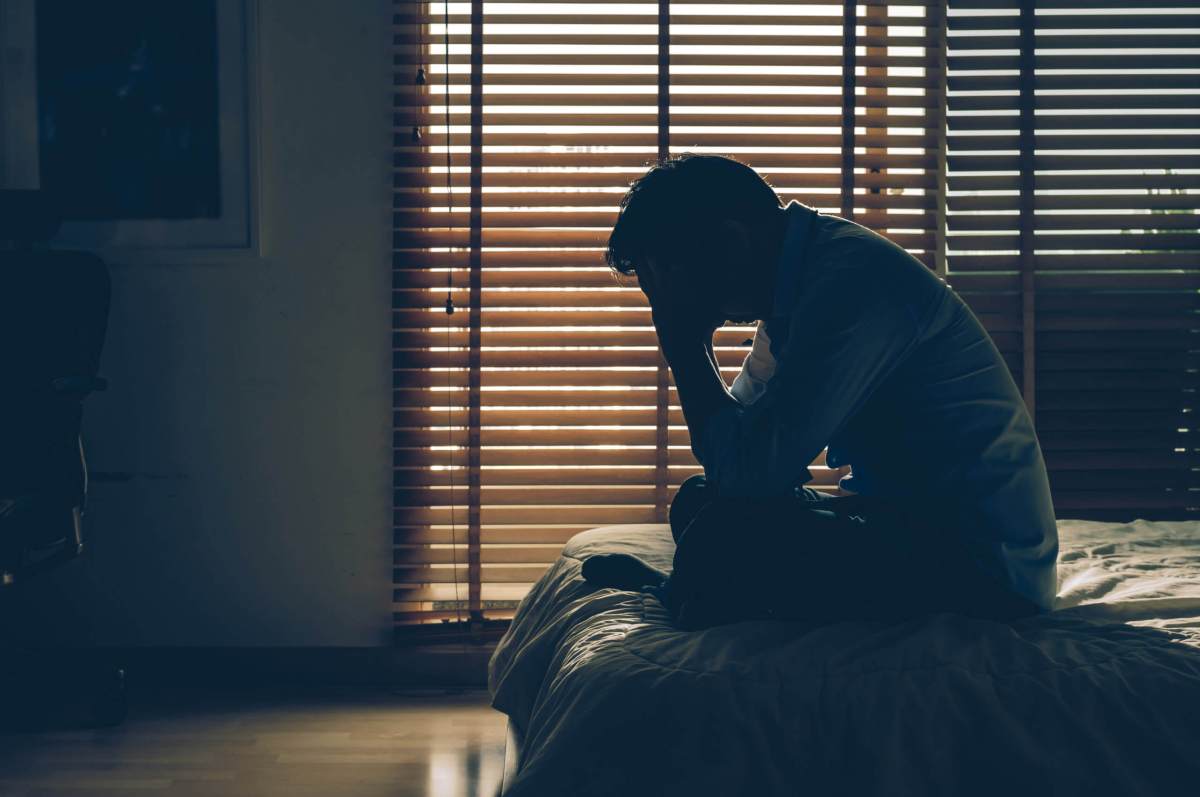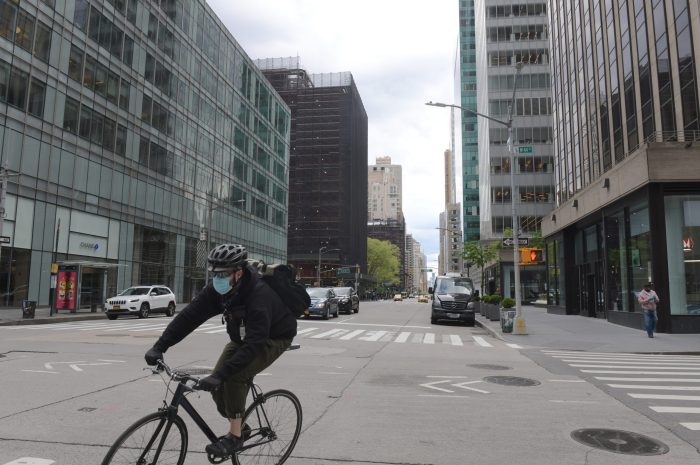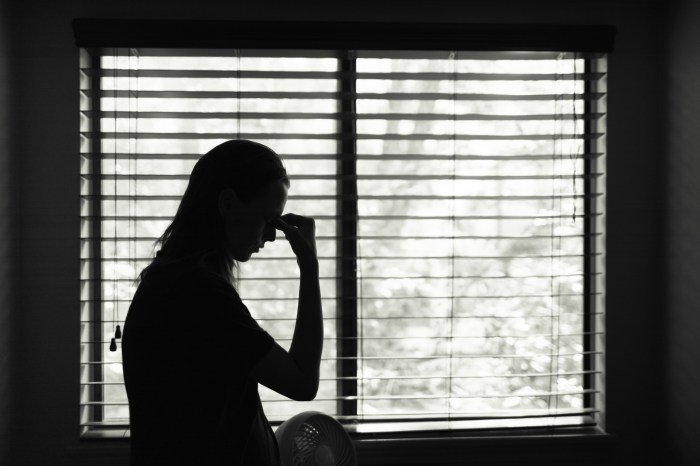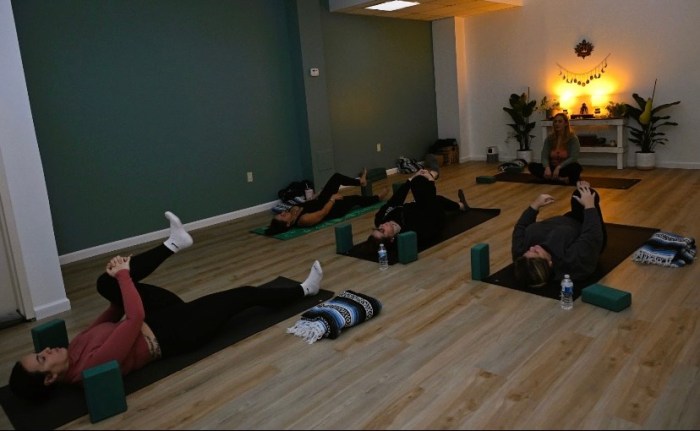By Len Elmore
Last month, the NFL held their annual “My Cause, My Cleats” initiative which allows players to support charities and organizations about which they are passionate. New York Giants’ cornerback Isaac Yiadom highlighted the work of the Greenburger Center for Social and Criminal Justice, an organization on whose Board I sit. The Center advocates for reform of both the criminal and mental health systems; systems which have become inextricably linked in destructive ways that criminalize people, particularly Black people, living with poorly or untreated mental illness.
Yiadom and the players who highlighted the work of social justice organizations are following in the footsteps of Muhammad Ali, Colin Kaepernick, and most recently, Olympic runner Alexi Pappas. After setting records in 2016, Pappas developed severe clinical depression which almost ended in suicide. In a recent video, she discussed her mother’s suicide and her own battle with depression, then asked the simple question: “What if we athletes approached our mental health the same way we approached our physical health?” Surely if they did and we did, our lives and society would improve.
Yet for athletes, the fear of appearing weak, losing training time, losing the respect of peers and coaches, and the basic fear of being ridiculed or stigmatized for needing psychological assistance is often at the root of why they do not take the same approach to their mental health as they do their physical health. Compounding these fears is the anxiety associated with admitting to having an often poorly understood or sometimes difficult to treat disease.
Fallout from stigma and the associated fears about mental illness persist even though Pappas and scores of others like Bruce Springsteen, Patrick Kennedy, Vincent Van Gogh, and Abraham Lincoln have proven again and again that mental illness is not a barrier to success.
These fears and as importantly, the lack of treatment options and basic research about mental disease, are at the heart of why half of the 2.3 million people incarcerated have a mental illness and some 20% have a serious mental illness.
This statistic is as shameful as it is dangerous, just ask my family. Like Pappas, I lost a parent because of an untreated mental illness, but in my case, my father, Moses Elmore, was murdered by Marvin Penick who also lived with mental illness and a substance use disorder. Immediately prior to taking my Dad’s life, Penick spent time in prison for assault, where he received little, if any, mental health treatment, re-entering society no more stable than when he left.
Yet for many, especially poor people of color, treatment only happens in prison or jail which is too little too late, not only for them but for people like my Dad. That is why I applaud the work of Yiadom, Pappas and others who are using their status as professional athletes to raise the nation’s consciousness, because when it comes to how we treat people living with serious mental illness, the nation is in sore need of consciousness raising.
By asking questions and bringing attention to mental health, Pappas and Yiadom are raising our consciousness and forcing us to explain why we treat people with serious mental illness differently, as second-class citizens, who feel they must hide their illness or who find themselves faced with incarceration as a substitute for treatment.
Worse still are those who experience the more extreme forms of mental illness, and either do not believe they are ill or are delusional, who in their maddens are left to roam the streets or sit in solitary, forgotten behind a prison door.
We would never find it acceptable to treat someone with a physical illness like brain cancer in a prison or shelter because we won’t fund enough hospital beds, treatment facilities, or basic research, yet that is the reality for tens of thousands of people with the most severe forms of mental disease, making Pappas’ question all the more salient, and the current answers all the more unacceptable.
It is past time to take up the cause of these young athletes who are bravely leading the way to a new normal, where mental illness is treated like the disease it is, instead of an embarrassing secret to be ignored.


































